Behind The Scenes
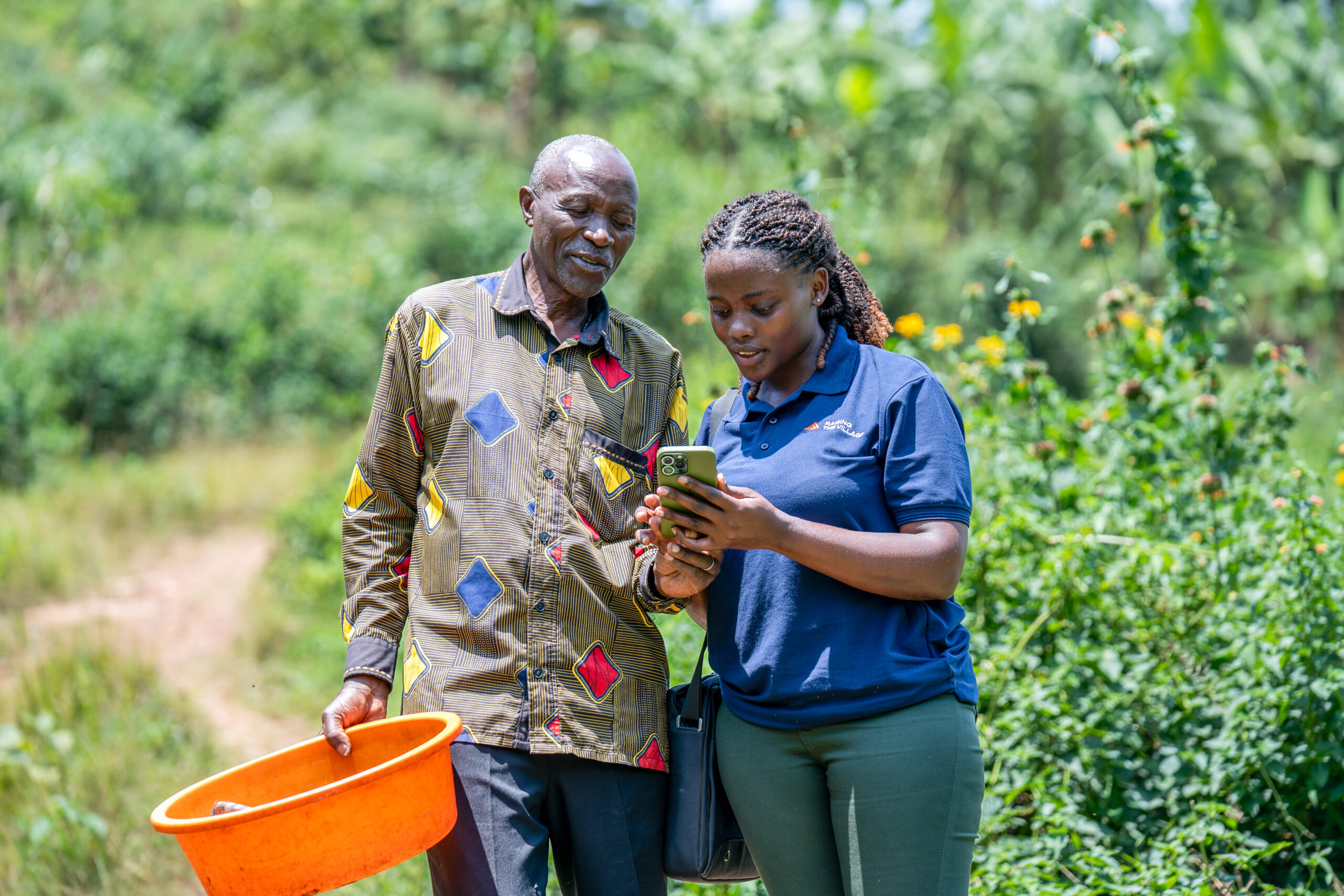
Ever wondered what goes into making our collaboration with last-mile communities impactful? In this special feature, we pull back the curtain to spotlight Team RTV, the driving force behind program implementation. Guided by a phased timeline and description of our program implementation, you’ll see firsthand how Team RTV collaborates with partner communities, troubleshoots challenges, and turns plans into impact.
Pre-Launch
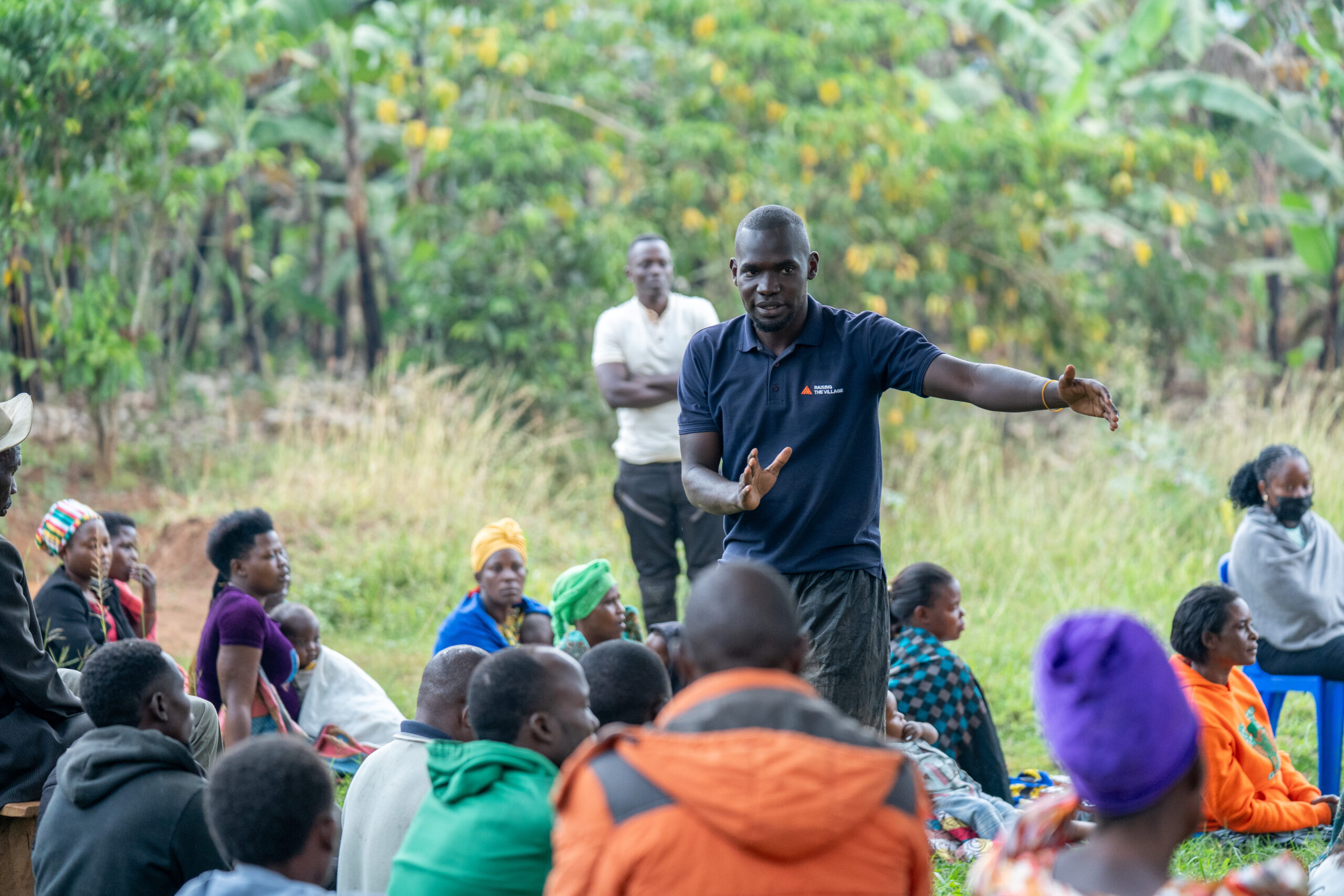
Prior to the program launch, RTV engages in a consultative project design process that integrates community feedback, RTV expertise, and historical and community-specific data to customize program activities, support community buy-in, and promote sustainability.
We work closely with local governments to reach vulnerable communities, grouping them by shared needs. Government experts, like agriculture and health workers, lead most training to ensure programs fit local contexts. Through surveys and meetings, we identify key challenges—such as water access or income levels—to tailor our efforts. We then gather community feedback through meetings and focus groups, refining programs to address specific barriers and encourage participation. Before launching, villages vote on the final plan and assign roles to sustain the program long-term. By prioritizing community ownership and involving vulnerable groups, our programs adapt to each village’s needs, ensuring lasting impact.
Active Implementation (Month 0 to 6)
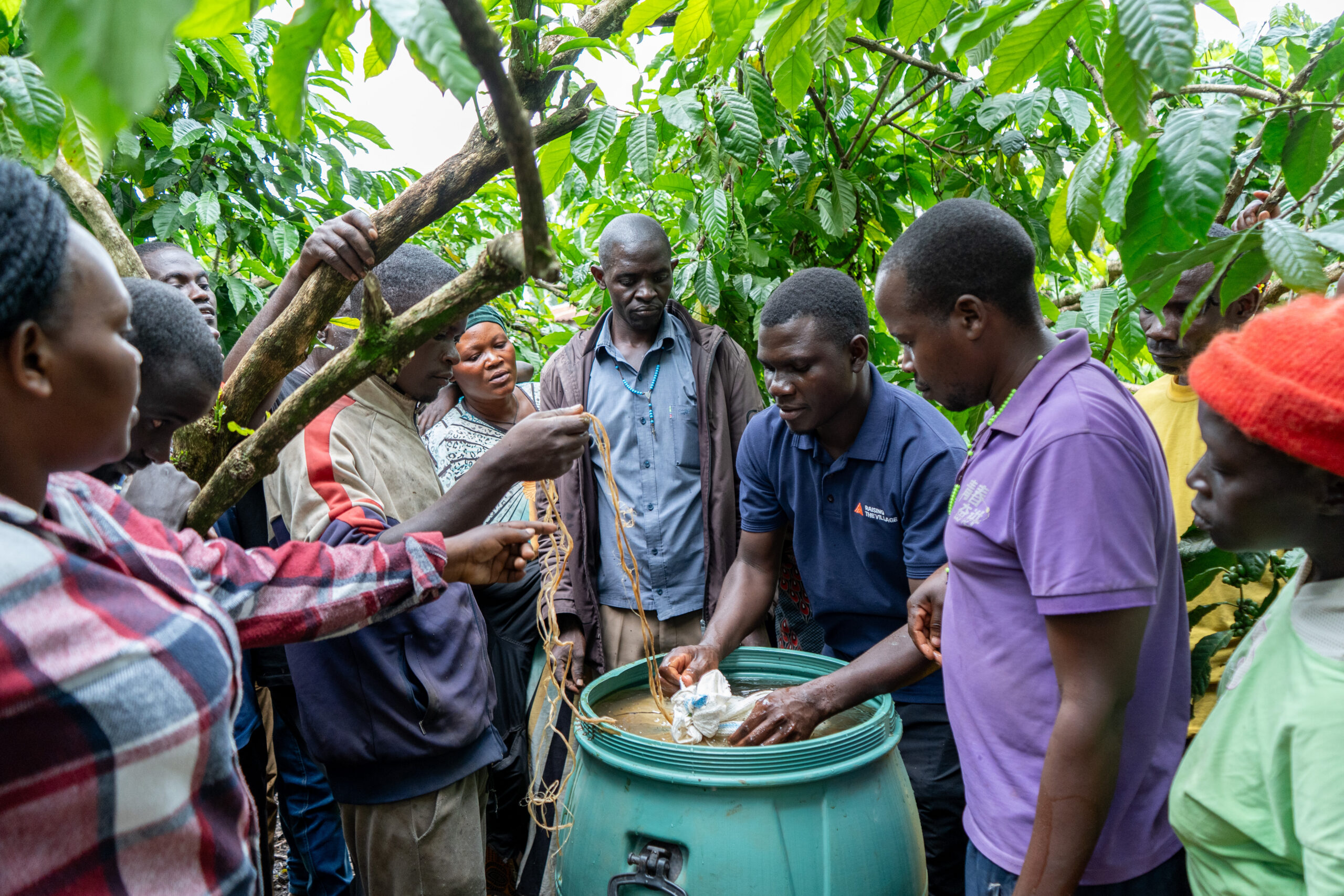
During this implementation phase, RTV enables households to secure basic needs such as food, clean water, and preventative health services. They participate in various training sessions to increase agricultural productivity and diversify incomes.
To boost agricultural productivity and income, we provide improved seeds, tools, and training in organic techniques, crop management, and pre- and post-harvest methods, supported by demonstration plots. We also provide training for farmers to negotiate better prices and create fair profit-sharing systems for group sales. We work closely with communities to form Village Savings and Loans Associations (VSLAs), providing training in leadership, financial management, and goal-setting. These groups fund both personal and community projects and become officially registered.
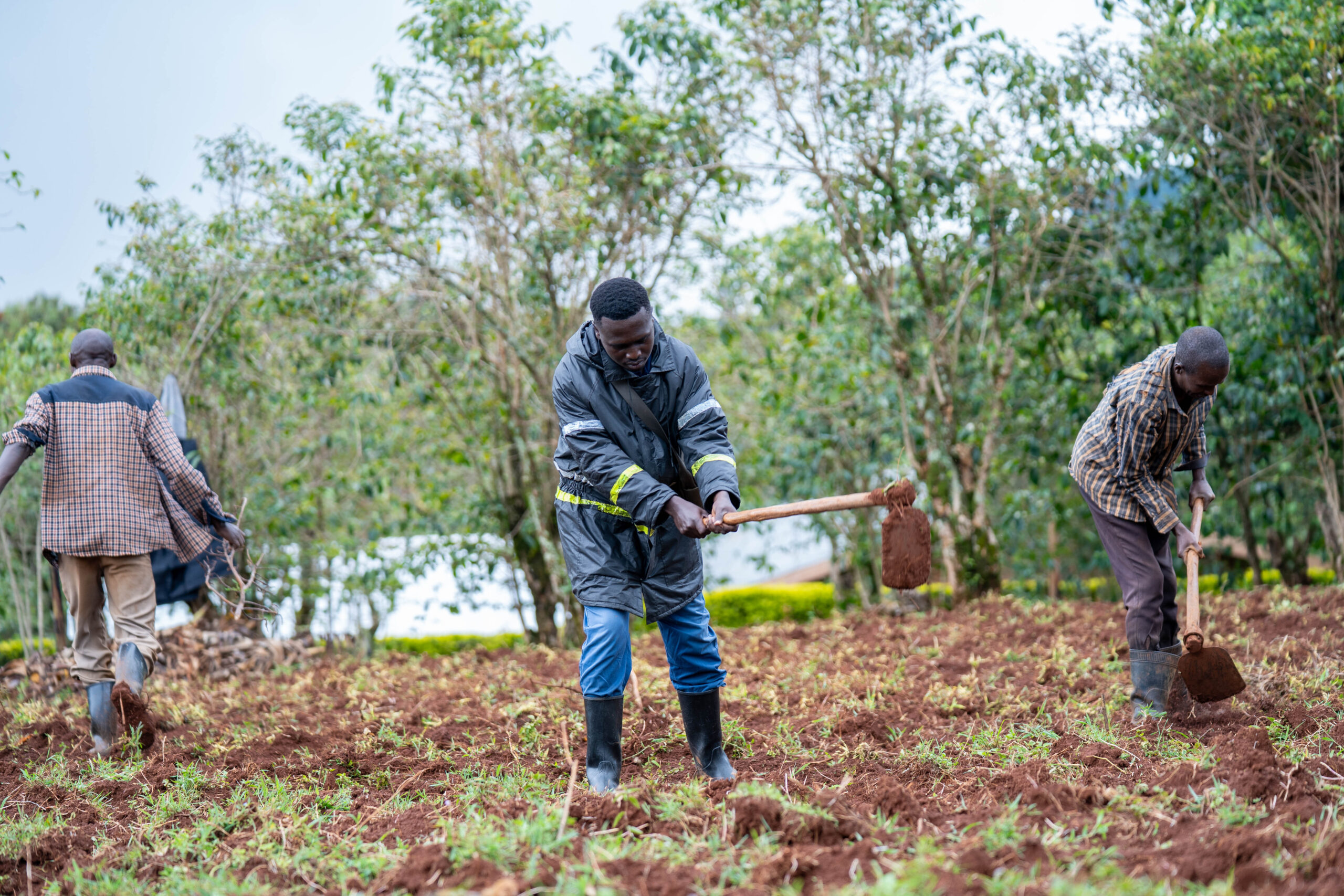
To strengthen livelihoods, we support small businesses through entrepreneurship training and promote gender-inclusive opportunities. For food security, families receive vegetable seedlings and learn diverse crop production. We also collaborate on improving access to clean water by building protected sources and training local committees. Health outreach programs, run with government clinics, teach disease prevention.
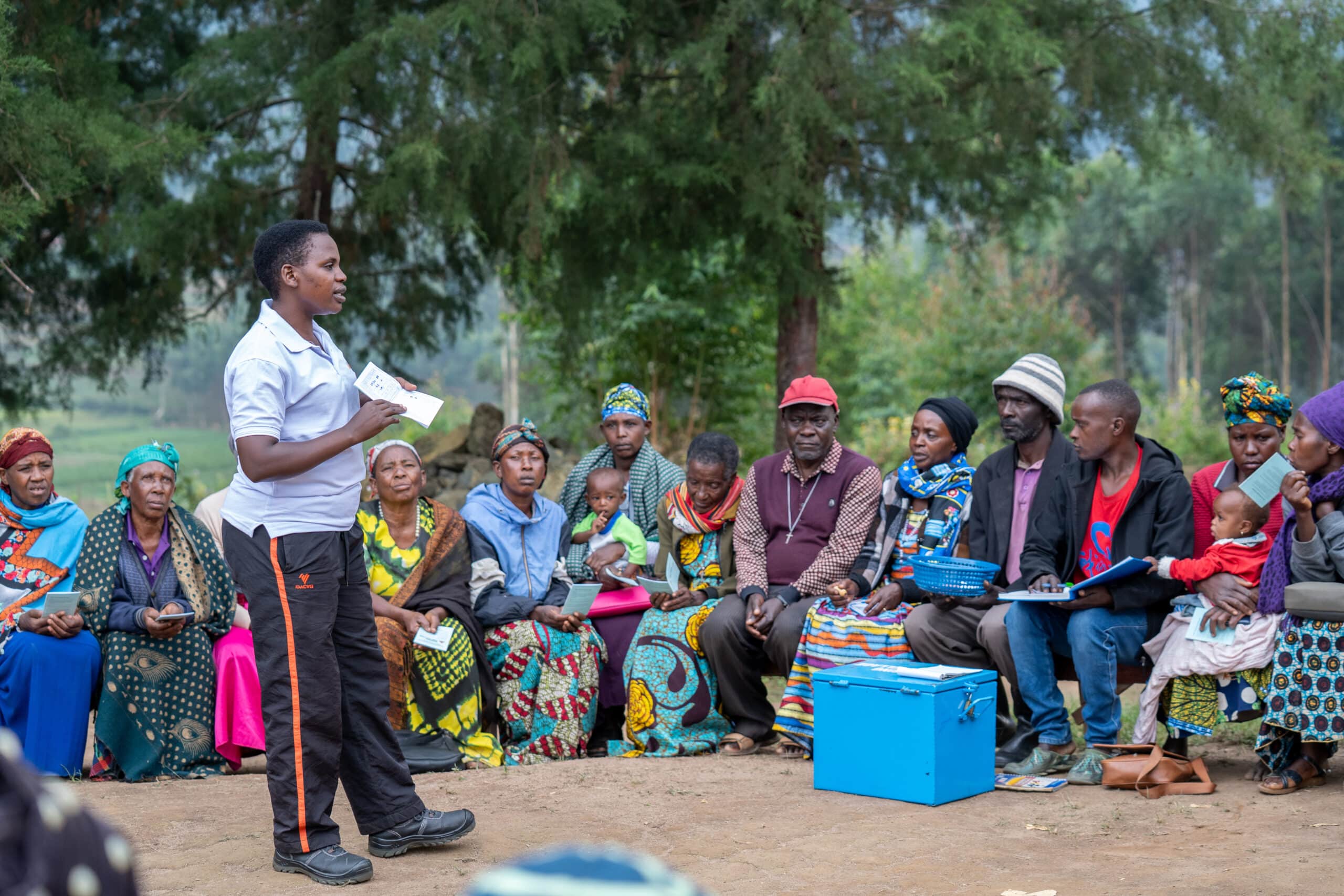
Transition and Graduation (Month 7 to 24)
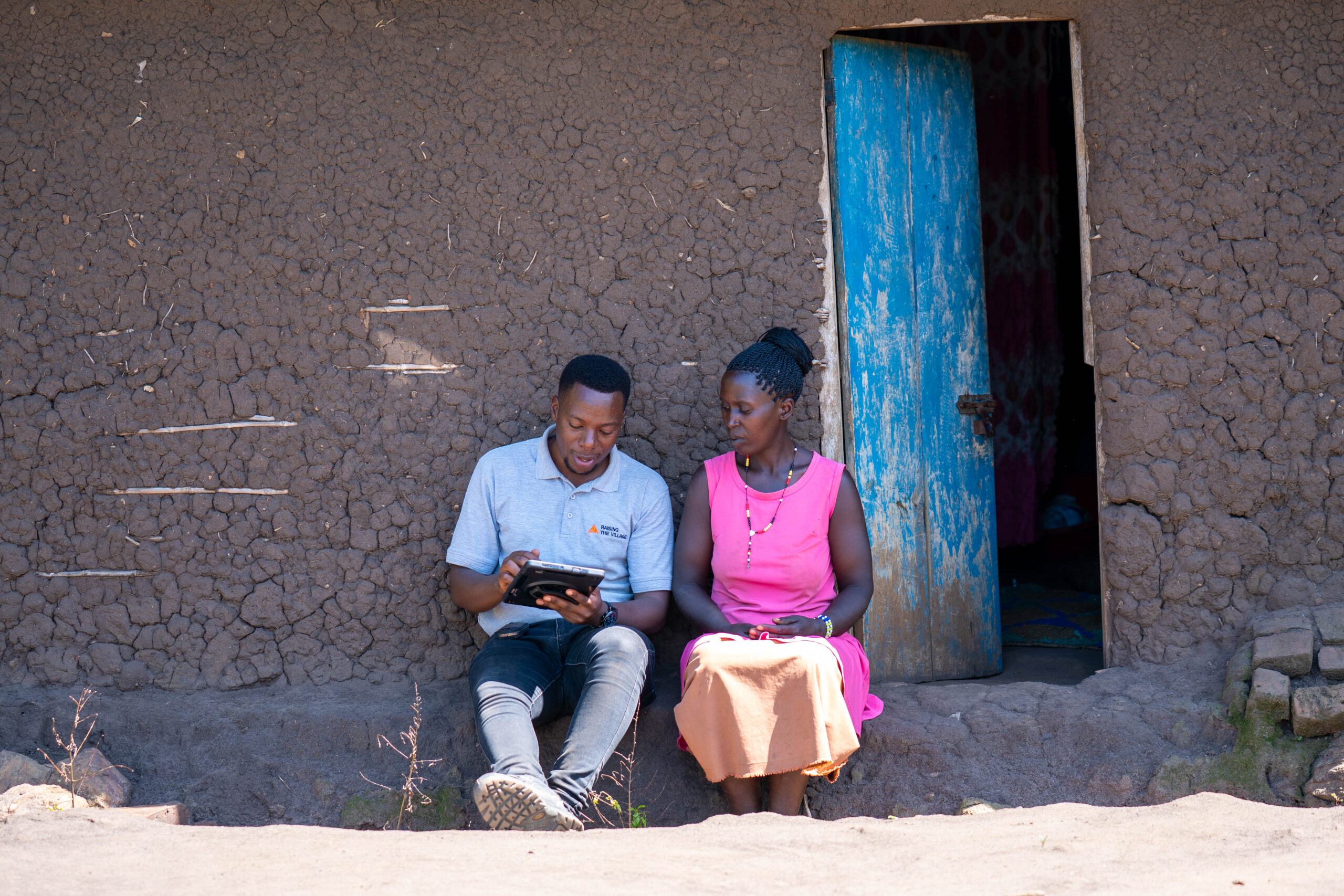
As communities transition toward self-reliance, households take greater ownership of farming, businesses, savings groups, and community projects. RTV provides targeted support to ensure all families—especially the most vulnerable—stay on track through:
We provide ongoing coaching to help communities maintain and expand their projects, as local leaders take ownership to solve challenges independently. Field teams use a mobile app to track each household’s progress, identifying families that need extra support in farming, savings, or income generation.
Independent evaluators assess community-wide results, allowing us to adjust with refresher training when needed. Annual surveys measure improvements in income, assets, and living standards, comparing data to refine our approach.
After 24 months, communities graduate and take full ownership of projects, with local leaders and government partners ensuring long-term success.
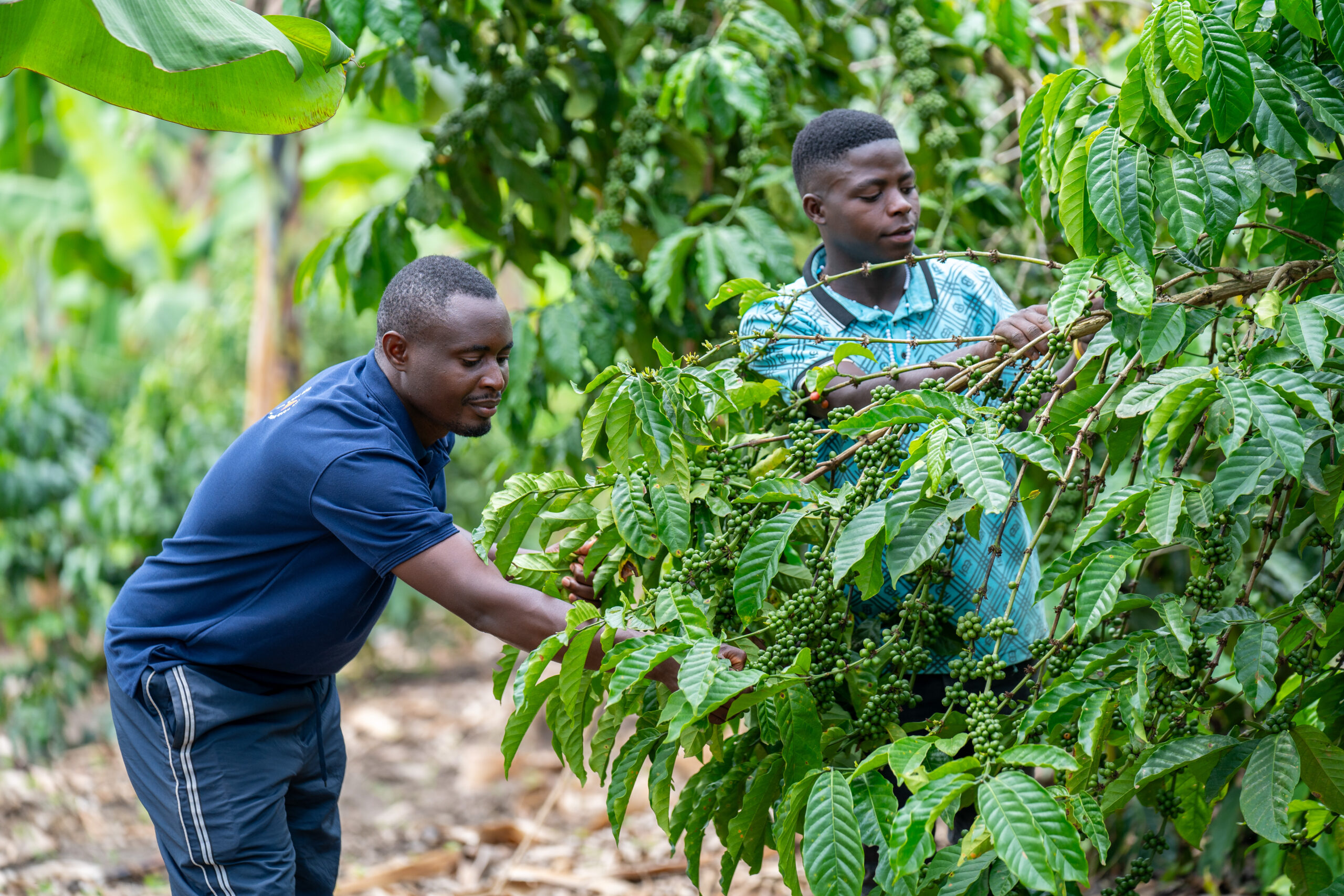
Be part of our journey. Support last-mile communities by supporting Raising The Village.
Let’s Stay Connected

